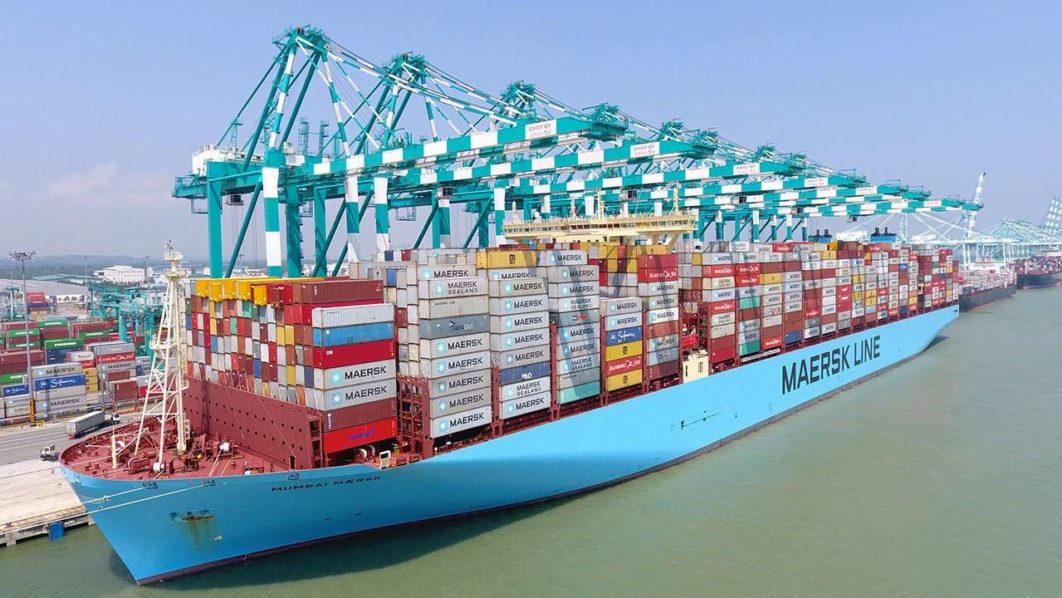
Nigerian shipowners are behind in the global push for decarbonisation, even as the shipping industry recorded a 50 per cent increase in vessels using alternative fuel propulsion in 2024.
Most of the new ships are designed to burn liquefied natural gas (LNG) as fuel. Despite Nigeria’s position as a major LNG exporter, local shipowners have struggled to capitalise on the rise of LNG-powered vessels.
Industry analysts attribute this lag to a lack of investment, outdated fleet technology and regulatory challenges, leaving Nigeria absent from this crucial global shift.
This has raised concerns about the country’s role in the maritime industry’s decarbonisation efforts as local shipowners risk falling behind in the drive for greener and more efficient shipping, potentially losing their competitive edge in the international market.
Meanwhile, Ghana has begun developing its National Action Plan (NAP) to reduce greenhouse gas (GHG) emissions from shipping, aligning with the International Maritime Organisation’s (IMO) GHG Strategy.
Spearheaded by the Ghana Maritime Authority (GMA) in collaboration with the IMO’s GreenVoyage2050 Programme, the NAP aims to cut emissions, promote sustainable shipping, and enhance the resilience of the maritime industry.
Speaking at an event in Qatar, the Secretary-General of the International Maritime Organisation (IMO), Arsenio Dominguez, emphasised that LNG is not just a transition fuel but also a fuel in transition.
He highlighted the need for the sector to address technological concerns and assess LNG’s evolving role in the journey toward decarbonisation. Dominguez commended Hamad Port in Qatar for its commitment to reducing emissions.
“One key aspect is how the port is already monitoring emissions from ships daily and tracking emissions across its entire operations to improve its green credentials,” he noted. He also confirmed that the IMO remains on track to deliver the regulatory framework necessary to support global shipping’s decarbonisation goals.
“This progress aligns with the Revised Greenhouse Gas (GHG) Strategy, with mid-term no measures expected to be finalized at the crucial MEPC 83 meeting in April 2025. These measures will then move toward formal adoption later in the year,” he stated.
Addressing the economic implications of decarbonisation, Dominguez refrained from endorsing any specific proposal but stressed the importance of continued dialogue among IMO member states and industry stakeholders.
“What is encouraging is the good conversations that member states, together with stakeholders, continue to have to reach an agreement, one that addresses concerns while ensuring we meet the goals set in our strategy,” he said.
As the regulatory pressures mount, Dominguez said the shipping industry faces increasing demands to align with the IMO’s decarbonisation roadmap and accelerate the transition towards greener maritime operations.






